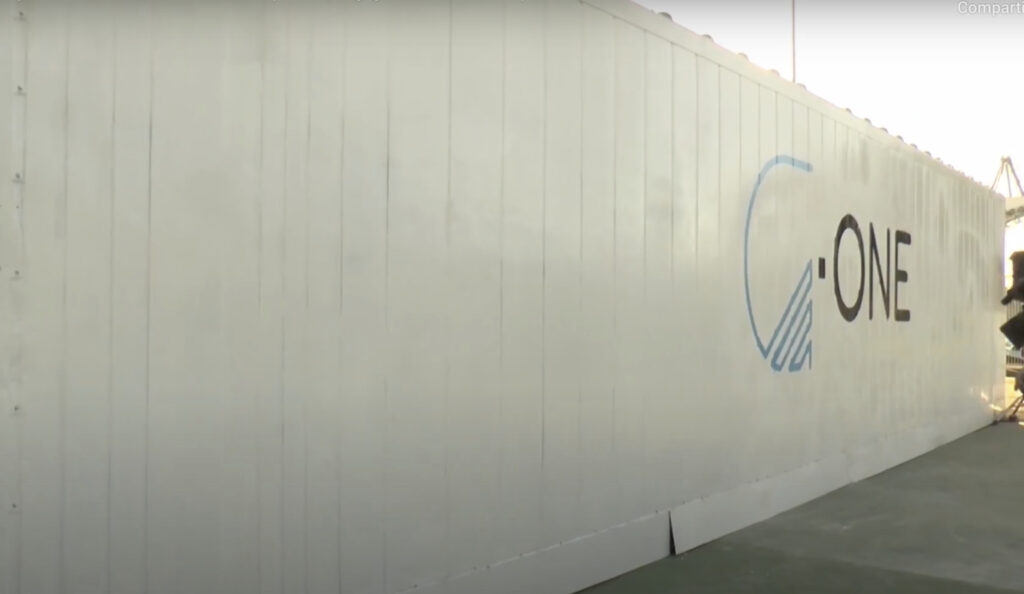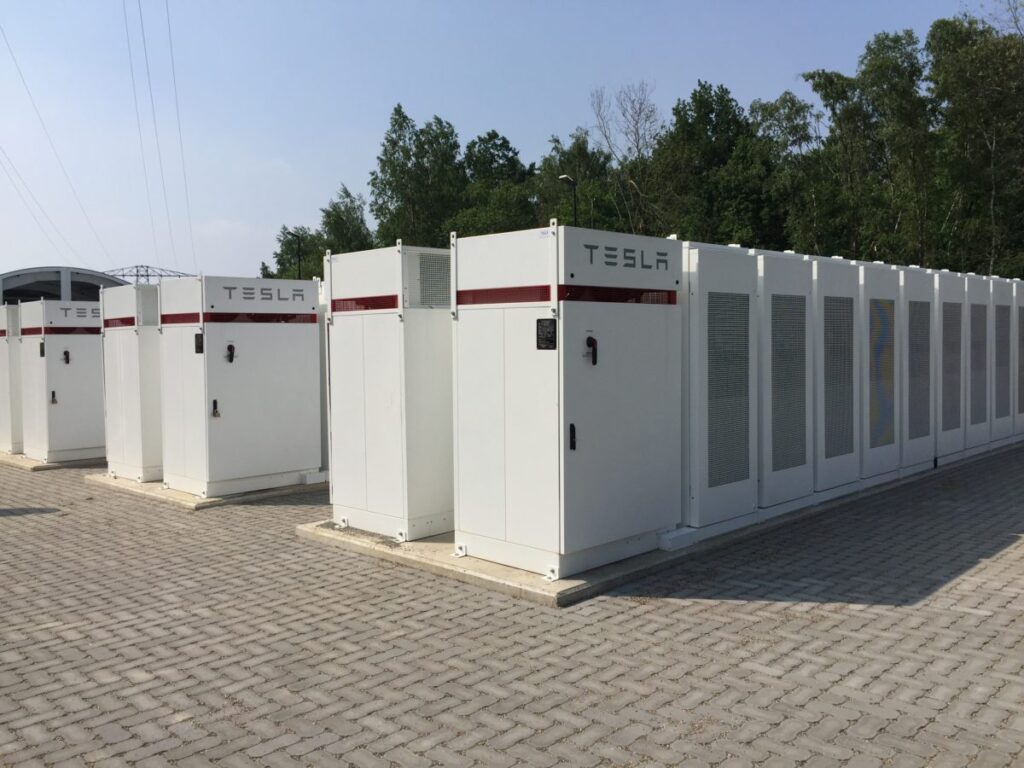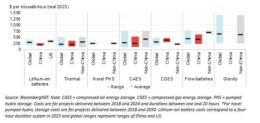2.7 GW of battery storage projects in GB to be delayed by over a year

As one of the most attractive investment markets for battery energy storage systems (BESS) worldwide, GB has been the undisputed leader in BESS deployment in Europe. However, the saturation of the freaquency response market – once the lynchpin of battery revenue streams – as well as project delays, have cast a shadow over the market’s potential.
Over the first six months of the year, the GB battery storage market has experienced a significant slowdown in buildout rates, sharply contrasting the record-breaking year of 2023.
Last year saw almost 800 MW of battery storage coming onto the market by the end of June, and an avearge of around 400 MW delivered quarterly throughout the year. Meanwhile, in the first half of 2024, total new capacity was 320 MW – less than the lowest quarter of 2023 (363 MW in Q1 2023) – according to the data from market analytics platform Modo Energy. The total rated power of batteries in Great Britain was 4 GW at the end of Q2 2024, and the total energy capacity was 5.3 GWh.
Project delays are a key reason behind the slowdown. These include delays at the distribution network operator (DNO) level with securing a connection agreement, commissioning testing, and equipment issues.
According to Shaniyaa Holness-McKenzie, market analyst at Modo Energy, the DNO scheduling issues have led to weeks or months of delays, whereas in some instances, equipment delays can last up to two years. “Equipment delays can range from components required for the construction of the battery (such as transformers) as well as equipment needed to conduct commissioning tests,” she says.
Consequently, 2.7 GW of batteries in the pipeline are expected to be delayed by up to two years by the time they become operational in Great Britain. Batteries with a capacity of 300 MW and more represent 42% of the capacity expected to be delayed by over a year by the time they become commercially operational, Modo Energy finds.
A number of projects are already behind their connection timelines. Modo tracks 2.8 GW of batteries in the pipeline with expected buildout dates in previous quarters that have not yet begun commercial operations. An additional 700 MW have expected buildout dates in the future that have been pushed out further.
But in some cases, delays are far more dire, with a number of battery energy storage projects in GB delayed well beyond 2030. The reason behind such long hold-ups is the grid connection queue.
“As of April 2024, over 120 GW worth of BESS projects were in the connection queue. 38% of these have dates by 2030, with the remaining 62% having dates going out as far as 2038,” Holness-McKenzie tells ESS News. “Our analysis currently tracks 14 GW worth of assets that are highly likely to come online by the end of 2027. This will mostly be because they hold Capacity Market contracts starting between now and then. The shorter-term delays have the highest impact here.”
The future will tell
The record-breaking year of 2023 showed that capability exists to get capacity online much quicker. With the new Capacity Market year set to begin in October, the second half of the year could see a big ramp-up in buildout.
“There are 1.4 GW of battery projects that are not yet operational that hold Capacity Market contracts starting in October, and we would expect to see much of this come online because of the payments due from the contracts. This includes several sites with capacities over 100 MW,” Holness-McKenzie says. “If we still see low buildout over the next six months then it suggests work needs to be done across the industry to pinpoint the issues causing delays and create solutions.”
The Electricity System Operator (ESO) for Great Britain has already highlighted the crucial role of battery energy storage systems in meeting net-zero targets. In its Future Energy Scenarios (FES), the ESO found that an additional 23 GW is required in the next five years.
“The reforms ESO is pursuing on grid connection queues would lead to a more effective process there, but we won’t see these changes come in until 2025,” Holness-McKenzie says.













